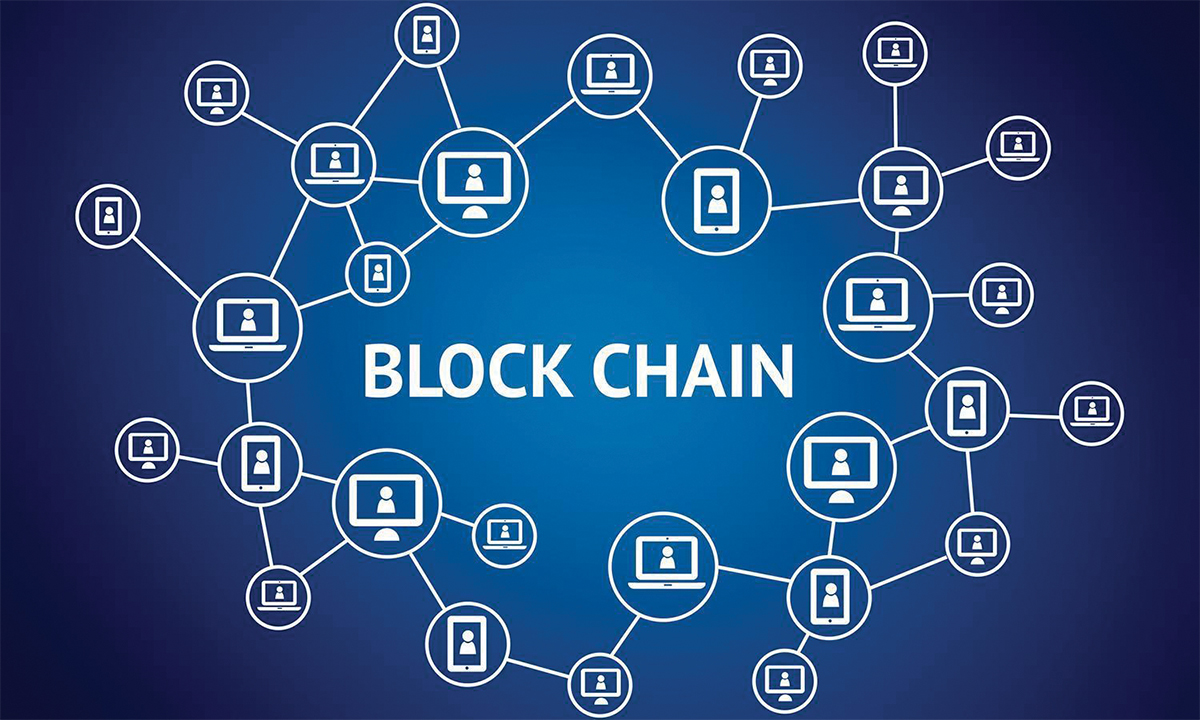How Blockchain Technology Emerges as the New Buzzword

The blockchain technology is definitely the latest buzzword in the world of technology and is undoubtedly an ingenious discovery. While it was originally the brainchild of a group of experts called Satoshi Nakamoto, with time it has become much more than just that. The blockchain basically lets digital data be distributed and not copied. It has become the new backbone of the Internet. Blockchain technology is not being extensively used for mining cryptocurrencies like the Bitcoin, Ethereum, Monero, Dash etc.
What is the blockchain?
The blockchain is nothing but an incorruptible public ledger which will contain economic transactions. They may be programmed to hold not simply financial transactions but anything that has value. The information which is kept on the blockchain is shared; the records are not in any one location bit they are kept public and verifiable. Since there is no centralized version, the data cannot be corrupted by hackers. The data is hosted by many computers and remains accessible to all users online. Businesses are choosing the blockchain as they can enjoy “trustless” consensus for validating transactions
Earlier, financial transactions had to be verified by a third party as a payment gateway. Blockchain automates this process and cuts down on costs because there is no requirement for a middleman any longer. In this system, autonomous “smart” contracts will work like trusted intermediaries. With the growing popularity of this blockchain technology, people are hopeful that it will herald a new Internet technology.
How can the blockchain be used?
Besides its use in the world of cryptocurrency mining, there are several other possible uses of this new technology but these are yet to become popular. It is expected that this distributed ledger will contain data about almost everything, right from food supply tracking to handling identities. Although this is by and large a disruptive technology which can affect our lives in many ways, it is necessary to understand how the technology works.
How the blockchain works:
It is really a huge spreadsheet which registers all assets. It can “encrypt” every data block for a distinct hash output. This is then stamped onto another block, thereby making a chain of sequential data that is verified by a consensus of activities across many participants. When these encrypted spreadsheets are shared with every node in the network, a distributed system is built wherein every device will be able to access the data and then make additions to this blockchain. This method of encrypting blocks of data is called cryptocurrency mining. This uses the blockchain technology as Proof of Work system where users can take part in a network by performing “work”. This is achieved by contributing hash power to the network to encrypt and verify the blocks.
Who will the blockchain benefit?
There seems to be a great future ahead of the blockchain because every process, task, and agreement would then have a digital record that can be verified and validated. So, there will be no further need for bankers, lawyers, brokers and such other professionals. Individuals, algorithms, and machines will be free to interact with one another.
- As the blockchain is gradually getting accepted and adopted, there are efforts to see if the encrypted nature of the blockchain can make sensitive data safer, when such data pertains to even nuclear arms and military satellites.
- Another important place where the blockchain can come of use is the medical industry. This could help to store and share patient-related data across healthcare ecosystems. So, this may be able to accommodate bio-date inputs from IoT sensors and blockchains could be used for the purpose of housing DNA sequences. For instance, vendors like IBM have begun integrating artificial intelligence for analyzing patient data in blockchains to detect signs of illnesses and even find cures on the basis of the patient’s health information.
- The finance world is also looking to use the blockchain technology for upgrading itself. It is trying to predict market trends and this has given birth to DAOs or distributed autonomous organizations. Such organizations can run or scale up without human interventions. Transactions will also stay completely anonymous among parties. It may even be possible to store mutual funds, stocks, and bonds in the blockchain. It is interesting to know that the cryptocurrency Ethereum has already started supporting DAOs for autonomous transactions.
- With blockchain technology, it is also possible to manage identities. All humans need to be given global digital IDs is a concept which is being currently investigated by companies like Accenture, Microsoft etc together with the UN. Decentralized digital identities can unlock economic opportunities for those who are disadvantaged. When you have a secure identity, it is useful for online interactions especially in sharing economy.
These are some of the important areas where the blockchain technology can be of much use; this technology appears to be the remedy for many cybersecurity ills. This is why this technology has amassed so much support globally. But there are critics who doubt whether the technology is indeed as secure as it claims to be. When you place a huge amount of trust in a completely new open-source technology, it could be disastrous. So, it is wise to consider the possible ill-effects before one starts to use this technology everywhere.





